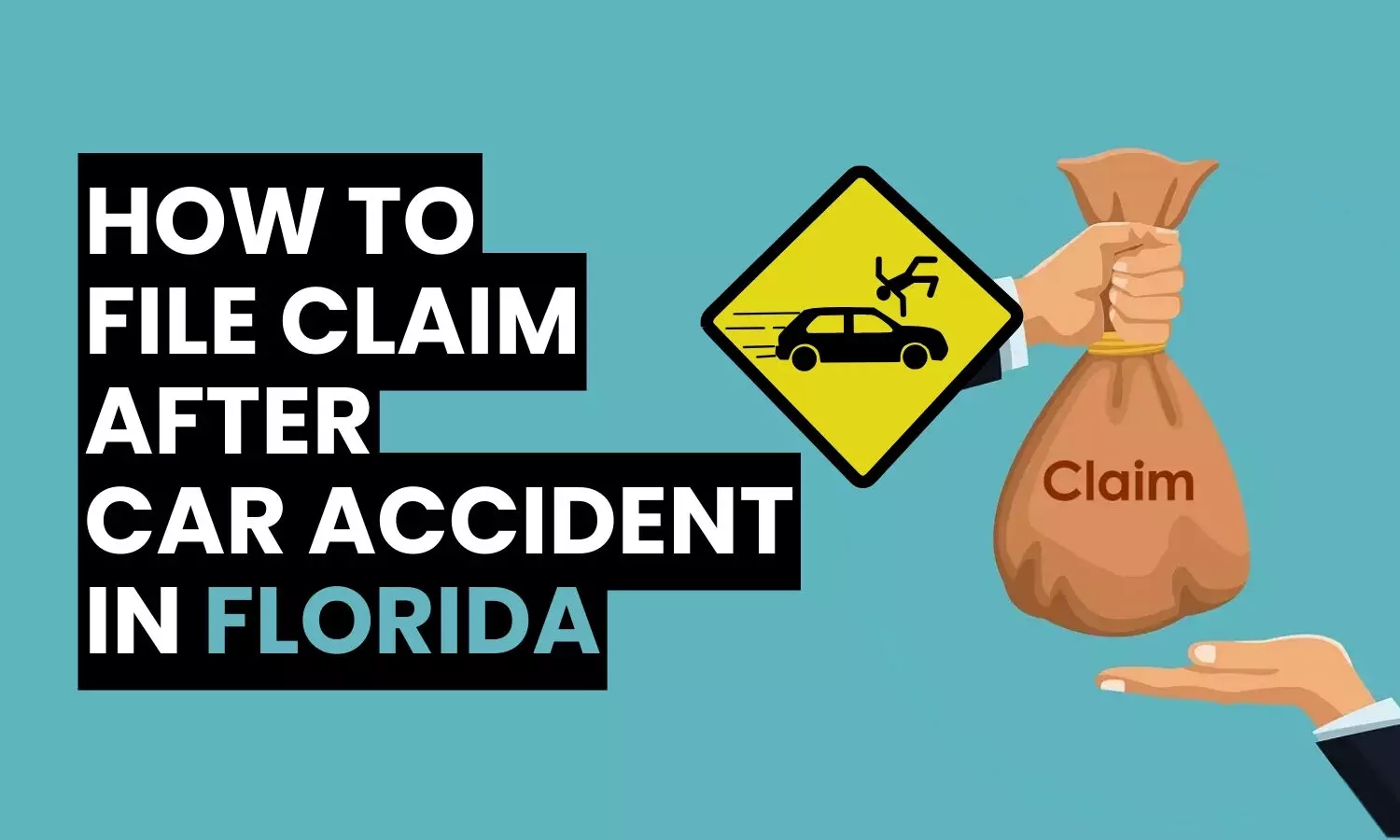How to File a Claim After a Car Accident in Florida
The article outlines the process for filing a claim after a car accident in Florida. Continue reading below.

There were 394,826 crashes reported in Florida during 2023 and 154,680 in the first six months of 2024. Florida isn’t the most dangerous state for drivers – that honor goes to Texas, with 4,068 fatal crashes in 2022. California is in second place with 3,983 fatal crashes. Florida is not far from the top, however, so it is important to know what to do if the worst does happen.
Here is some key information on how to file a claim after a car accident in Florida:
Act Quickly
The statute of limitations for car accident injury cases is four years in Florida.
Notify Your Insurance Company
Contact your auto insurance provider right away after an accident, even if you don't plan to file a claim with them. Florida is a no-fault insurance state, meaning both drivers' insurance policies will pay out to cover medical expenses and lost wages regardless of fault. However, you'll need to file a personal injury lawsuit against the other driver's liability coverage to recover additional damages like pain and suffering.
Document the Scene
Take photos of damage to all vehicles, skid marks on the road, street signs, weather conditions, and anything else relevant to how the crash occurred. Get contact information for any witnesses while they are still present. The evidence you gather can support your version of events later.
Get Medical Attention
See a doctor after the accident, even if you don't think you were seriously harmed. Your medical records and bills will be key evidence.
Consult an Attorney
A car accident attorney can help build your case, determine how much compensation you deserve, negotiate a fair settlement, and take the case to trial if needed.
Try Settlement Negotiations
Your attorney will first attempt to settle your car accident claim directly with the insurance companies involved. This avoids the time and expense of going to court. Bill Winters, an experienced New Port Richey, FL car accident lawyer, suggests being reasonable but not accepting less than you deserve. If no fair settlement offer is made, your lawyer can file a personal injury lawsuit.
- File a Complaint in Civil Court
The lawsuit paperwork formally starts the legal process, explains what happened in the accident, provides evidence of fault, quantifies your damages, and requests compensation.
- The Defendant Responds
The at-fault driver has a certain window of time, usually 20 or 30 days, to formally respond in writing to your complaint. Their response will either admit or deny responsibility for the crash and your injuries. Settlement negotiations may continue. If no settlement is reached, the case proceeds through the litigation process.
- Litigation Process
You and the defendant will exchange relevant information and evidence in a process called discovery. Your attorney may request documents like medical records and employment files. Depositions allow interviewing parties and witnesses under oath. Crash analysis and medical experts may be consulted to provide opinions. Your lawyer works to build the strongest case possible in your favor.
- Trial
If no settlement agreement can be reached, the personal injury case will go to trial before a judge or jury, but this happens in less than 95% of cases. With the right legal guidance, you can successfully hold the at-fault driver accountable and receive the compensation you deserve after a Florida car accident.
Important Links
Law Library: Notes and Study Material for LLB, LLM, Judiciary, and Entrance Exams

